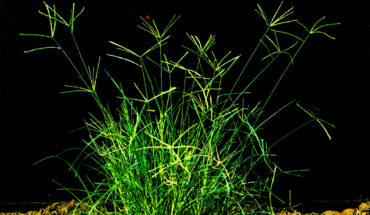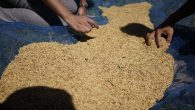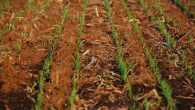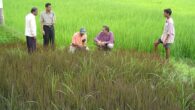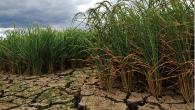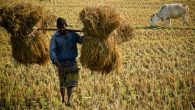Climate change is likely to have huge impacts on the problematic weeds and their management. Therefore, continuous research is needed to formulate new management strategies to combat them. However, along with climate change, socio-economic, technological, and geopolitical changes will also take place in the...
TRENDING Topics

